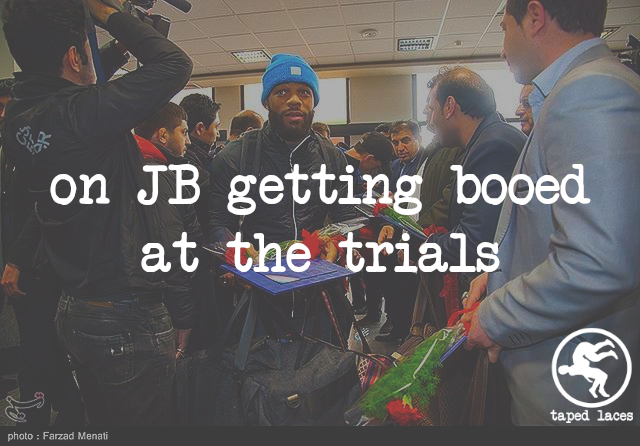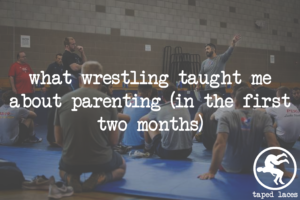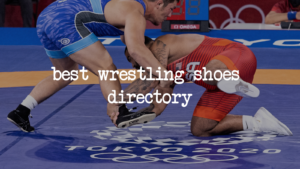I’m a little late to the party on this one, but wanted the dust to settle a little after the trials to really gather my thoughts on this matter. As I’m sure everyone reading this article is aware, Jordan Burroughs, the most decorated wrestler in American history, lost to Jason Nolf in the challenge tournament finals of the 2024 Olympic Trials. Boos were heard as the camera followed Jordan into the tunnel, and he was heckled by a fan in an NLWC shirt taunting “Your career is over.” The booing started earlier that day after a grounding call in his first match against Facundo, continued every time JB was slow returning to the center of the mat against Mesenbrink, and really amplified after a head shove in that same match. An unfavorable fan reaction was fairly predictable considering the gauntlet of PSU-affiliated wrestlers Burroughs was slated to face, the setting of the tournament in the Bryce Jordan Center, and the social media exchanges involving Bo Nickal after remarks made while commentating the NCAA finals a few weeks earlier.
This topic has already been discussed at great lengths in various formats, and I have no interest in opining on the ethics of booing Jordan, the debate of neutral host sites, or the positive/negative impact of vocal fan bases. Instead, I want to look at the situation as a whole and how it illustrates what I believe to be the biggest problem with wrestling fandom in general.
This is something I’ve been thinking about for awhile. The phrase “Grow Wrestling” gets used constantly, and is perhaps intentionally ambiguous. On the surface level, I couldn’t agree more with the sentiment of that phrase. I obviously love the sport of wrestling, and would love to see it enjoyed by more people. But when most people use it, they tend to mean “grow wrestling spectatorship.” Again, this isn’t inherently bad, but if that’s our only goal, I think we’re missing the point a bit. Consumption of the sport is a great thing. It brings in money that allows athletes at the highest level to continue competing and advancing the sport. And watching wrestling at the highest level can be a source of inspiration to younger athletes who admire the top competitors. But if the fan experience is the primary focus of these discussions, then we are subliminally shifting the emphasis away from actual participation in the minds of the community.
These conversations generally revolve around two main components: how to attract more “casual fans” to watch the sport, and comparing the business model of wrestling to that of other sports that have higher viewership. I would argue that not all sports are meant to be operated the same way. I would argue, and this is getting somewhat philosophical, that all sports fall on a spectrum from “best for watching” to “best for doing” and a sport’s placement on that spectrum should guide how it is governed. MMA is closer to the “best for watching” end, while running is closer to the “best for doing” end. Basketball probably lands pretty close to the middle. In my opinion, wrestling needs to be treated much more as a “doing” sport than it currently is.
Obviously this spectrum is entirely made up, and a sport’s placement on it is highly debatable. I can’t even articulate, for the most part, my justification for how I evaluate a sport’s position; it’s mostly gut feeling. And my judgment is certainly biased considering my love for wrestling and my general philosophy that doing something at a low level is always a better experience than watching that thing at a high level. I’m not even saying that wrestling isn’t meant to be watched; I was glued to my TV during trials weekend. Wrestling fandom is a fantastic thing and I encourage everyone to tune into these events. But the behavior exhibited by some fans at the trials points to a trend more alarming than exclusively viewing the sport: a large portion of our “fans” don’t care about wrestling as much as they care about wrestling results.
This isn’t even anecdotal. FloWrestling employees have repeatedly said that their rankings are the content that drives some of the most clicks on their site. These are just lists of names. Looking at Flo’s Instagram page, a video compilation of the 5 best takedowns at the Asian championships garnered 5,457 likes, while an infographic posted the day before saying Starocci bumped up to 86kg got 23.1k likes. The effect is particularly amplified when stakes are involved. 440k people tuned in to watch the NCAA wrestling finals this year, while only 110k watched the medal round that morning. Everyone in the medal round is an NCAA All-American, yet that round had fewer views than the Big 12 finals a few weeks earlier, and half as many as the Penn State-Nebraska dual earlier that season. It isn’t about the quality of wrestling, it’s about the accolades tied to the matches and the team affiliations.
In simplest terms, the Olympic Trials is a tryout. I imagine that nearly everyone watching was a fan of Team USA, and the trials are a chance to see the very best in our country compete against each other to be on our team. But when every fan is suddenly on the same side, that, in a sense, removes the fan from the equation. Fans can’t wrap themselves in the glory of the winner if everyone is on “their” side. People want to be right. They want their guy/girl to win. So they disassociate from the fact that everyone competing is on their team and segment the field into affiliations to training centers, and root for the one almost certainly tied to the college they support during folkstyle season. Thus you get a crowd of American wrestling fans antagonizing the most decorated American wrestler ever after losing to another American wrestler. They are fans of Penn State who have chosen wrestling as the medium to display their fandom, but they are certainly not fans of wrestling.
The sport of wrestling means a lot more to me, and I assume to you, than a piece of entertainment to be consumed and cheered for. The stories, the life lessons, the kinship, the creative expression through dynamic movement have brought a lot to my life and continue to do so. I’d venture that these things once meant a lot to most of those fans being discussed, but as time passes between their last involvement and present day, priorities get tangled and new methods get adopted to stay engaged with the sport while maintaining a personal affiliation. I get that it’s more fun to have some personal stakes in play than it is to watch for the pure enjoyment of the sport, so rather than just airing my frustrations, I’d like to offer some advice: get involved. Coach a youth team. Head down to your local high school to watch a Wednesday night dual. Maybe even volunteer to run a table. Lace up your shoes at an open mat and hit a few single legs, but also talk to the other people there. I promise that the experience of actually participating at any level and joining a community of other people doing the same will be more fulfilling than sitting in the stands and cheering, or worse, booing for people you don’t know.




